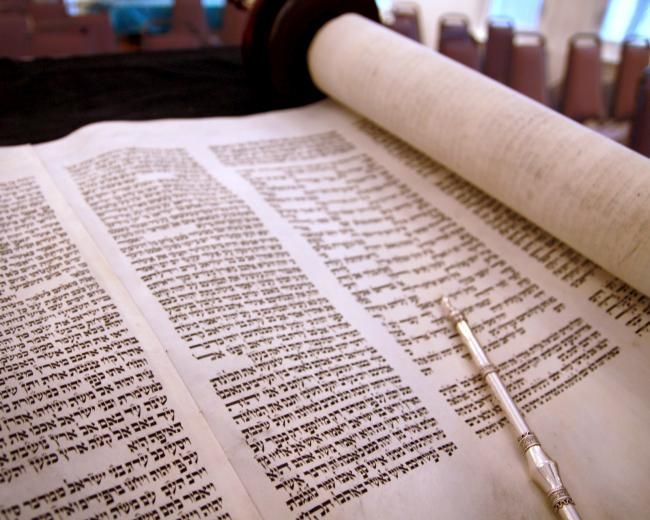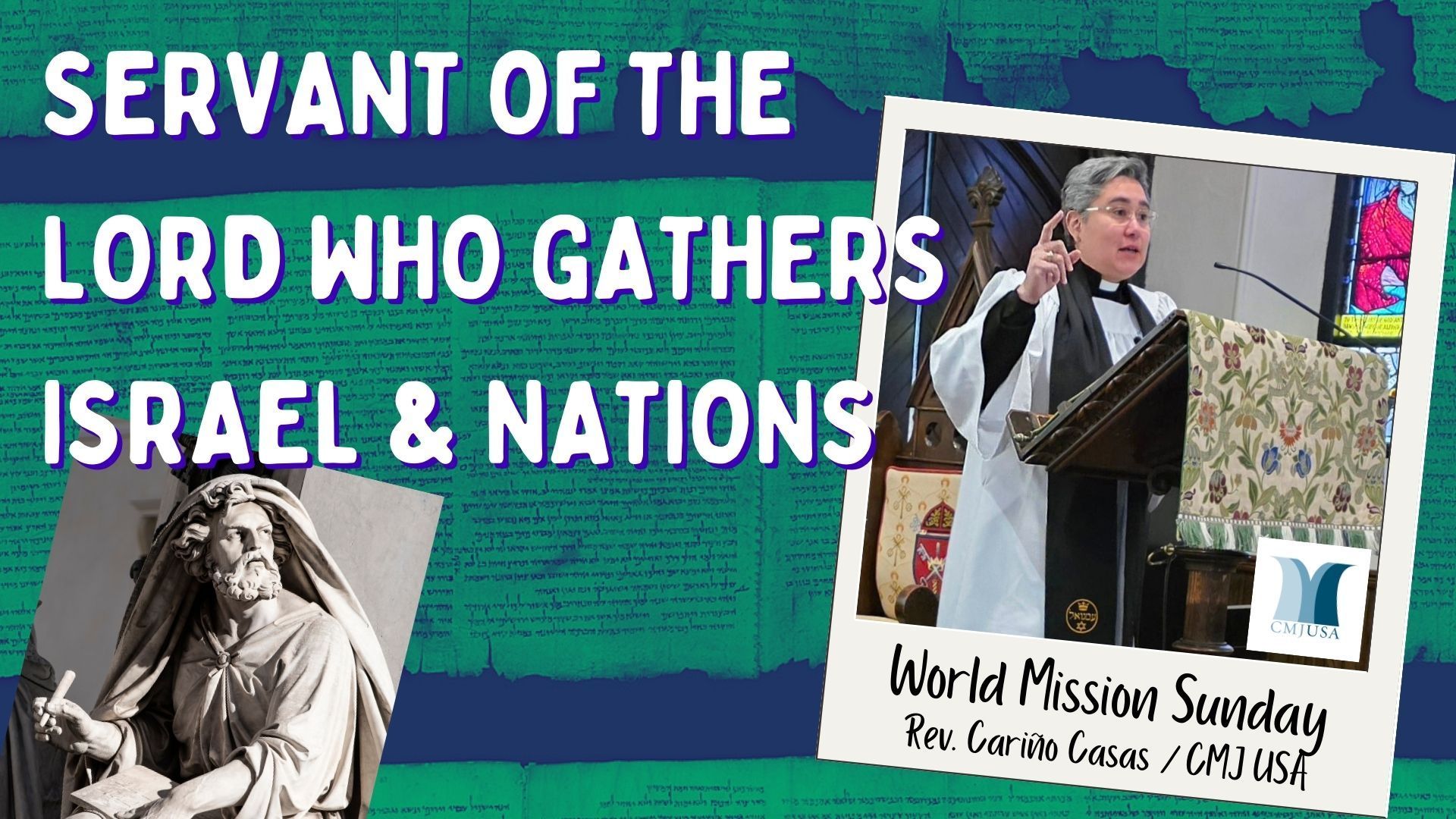If we take seriously that the Lamb of God––Jesus Messiah––
was slain before the foundation of the world (Rev 13:8), then
redemption
was
won
before
God
said
“Let
there
be
light,”
before
Adam
and
Eve
rebelled.
God
created
humanity
to
bless
it;
God chose Abraham and created Israel to bless the nations (Gen 12:1-
3). This is why Paul, in Romans 11, can say that Israel’s partial
hardening toward the Messiah is “reconciliation of the world”
(Rom
11:15
RSV).
God
is
still
at
work
in
unbelieving
Israel.
That
the creation story is still unfolding and that the Jewish people are
still
playing
a
part
requires
us
to
read
the
Hebrew
Scriptures
as
still
unfolding
in Jesus the Messiah.
Image by Lawrence Lew via Flickr (cc)
If we take seriously that the Lamb of God––Jesus Messiah–– was slain before the foundation of the world (Rev 13:8), then redemption was won before God said “Let there be light,” before Adam and Eve rebelled. God created humanity to bless it; God chose Abraham and created Israel to bless the nations (Gen 12:1- 3). This is why Paul, in Romans 11, can say that Israel’s partial hardening toward the Messiah is “reconciliation of the world” (Rom 11:15 RSV). God is still at work in unbelieving Israel. That the creation story is still unfolding and that the Jewish people are still playing a part requires us to read the Hebrew Scriptures as still unfolding in Jesus the Messiah.
Image by Lawrence Lew via Flickr (cc)






